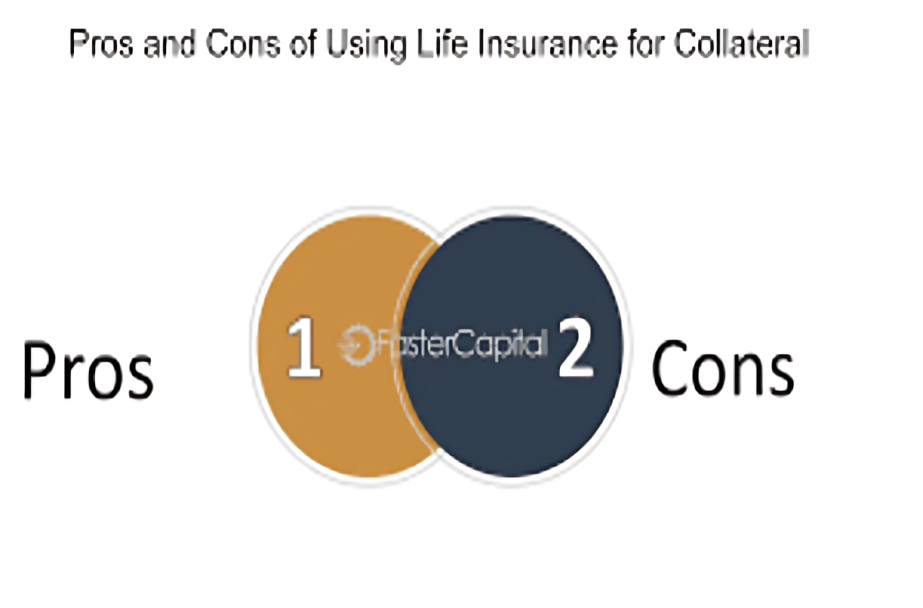Navigating the world of life insurance can be complex, especially when delving into permanent policies that offer a cash value component. We will demystify cash value in life insurance, exploring its benefits, risks, and helping you evaluate it’s the right fit for your financial needs.
1. Understanding Cash Value Life Insurance:
The concept of cash value in life insurance relates to a savings component inherent in permanent policies such as whole life, universal life, variable, and indexed universal life insurance. As you delve into the intricacies of these policies on your blog about finance, it’s essential to understand that a portion of the premium actively contributes to the policy’s cash value, fostering growth over time contingent on the specific type of policy in question.
2. Life Insurance Policies with Cash Value:
- Whole Life Insurance: Guarantees a fixed rate of return on cash value with potential dividends.
- Indexed Universal Life Insurance: Links cash value growth to a stock or bond index.
- Variable Universal Life Insurance: Invests cash value in subaccounts of stocks, bonds, or mutual funds.
3. Utilizing Cash Value:
The cash value becomes accessible for policyholders in various ways:
- Partial Withdrawals: Reduce the death benefit if not repaid.
- Borrowing Against Cash Value: Loans are possible but need repayment with interest.
- Surrendering the Policy: Ends coverage, subject to surrender fees.
- Paying Premiums or Policy Costs: Cash value can contribute to maintaining the policy.
4. Pros and Cons of Cash Value Life Insurance:
Pros:
- Lifetime Coverage: Policies typically last your lifetime.
- Cash Accessibility: Allows for withdrawals and loans during your lifetime.
- Low Net Interest Rates: Cash value loans often have relatively low interest rates.
Cons:
- Higher Premiums: Cash value policies tend to have higher premiums than term life insurance.
- Hands-On Management: Requires active policy management.
- Reduced Death Benefit: Unpaid loans can decrease the death benefit paid to beneficiaries.
5. Is Cash Value Life Insurance Right for You?:
- Risk Tolerance: Consider your comfort with risk and financial flexibility.
- Policy Types: Whole life offers guaranteed features, while universal life allows adjustments.
- Temporary Coverage Needs: If temporary, low-cost coverage is sufficient, term life insurance may be a more straightforward choice.
- Professional Guidance: Consult trusted life insurance agents and fee-only advisors for tailored advice.
Conclusion:
Cash value life insurance is an effective financial tool, providing a blend of protection and savings. However, it’s important to understand the drawbacks and benefits carefully and align your choice with your unique financial goals. Whether opting for the stability of whole life or the flexibility of universal life, understanding the nuances of cash value policies empowers you to stabilize your long term finances.

